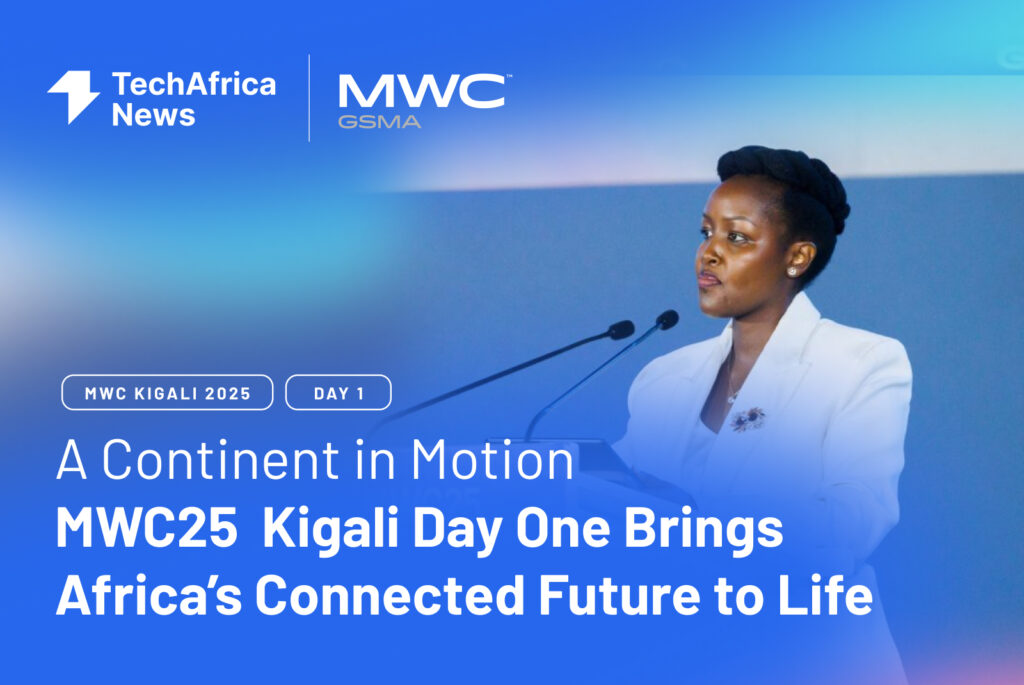Eutelsat Expands Digital Reach Across Africa with Surge in LEO Satellite Services
The sharp rise underscores Eutelsat’s commitment to expanding high-speed, reliable internet access across underserved regions, especially in sub-Saharan Africa, where limited terrestrial infrastructure has long restricted digital inclusion.

Eutelsat ’s latest quarterly report highlights Africa’s growing importance in its global growth strategy. Although overall revenues declined slightly by 0.3% on a like-for-like basis, connectivity services—crucial to Africa’s digital advancement—rose by 8.6%. This growth was largely driven by Low Earth Orbit (LEO) satellite revenues, which surged 70.7% year-on-year. The sharp rise underscores Eutelsat’s commitment to expanding high-speed, reliable internet access across underserved regions, especially in sub-Saharan Africa, where limited terrestrial infrastructure has long restricted digital inclusion.
Africa continues to be one of Eutelsat’s most strategic markets for both Fixed and Mobile Connectivity. With many parts of the continent still lacking fiber networks, satellite-based internet—powered by the OneWeb LEO constellation—offers a practical solution for bridging the connectivity divide. By delivering affordable broadband access to remote communities, schools, and enterprises, Eutelsat is helping to unlock new opportunities for education, business, and social development.
The company also reaffirmed its dominance in regional broadcasting, particularly through the 7/8° West video neighbourhood that serves North Africa and the Middle East. Its renewed partnership with BHS Telecommunications solidifies this position as the leading TV distribution hub for the MENA region. This partnership ensures that millions of African and Arabic-speaking viewers continue to have access to diverse cultural, educational, and news programming, maintaining a stable satellite broadcasting ecosystem across North Africa.
Eutelsat’s LEO-driven Fixed Connectivity revenues grew by 15.9%, reflecting increasing demand for broadband in regions with limited terrestrial access. While the report does not specify African contracts, Eutelsat’s ongoing alignment with OneWeb—already active in countries like Nigeria, Kenya, and South Africa—demonstrates its focus on extending low-latency, high-performance connectivity across the continent. These services are particularly transformative for sectors such as agriculture, mining, and logistics, where dependable internet connectivity is critical for operations and innovation.
In addition, Government Services revenues grew by 18.5%, supported by heightened demand for secure and resilient communications. Although the company cited Ukraine as a key market this quarter, the same need for LEO-enabled connectivity applies across Africa, where governments are increasingly adopting satellite technology for national security, emergency response, and rural public service delivery.
Eutelsat’s performance signals a broader digital transformation underway in Africa. The rapid adoption of LEO technology marks a pivotal shift in closing the digital gap in rural and landlocked regions. Moreover, partnerships between Eutelsat, OneWeb, and local telecommunications operators reflect a growing synergy between public and private sectors—an approach that enhances sustainability and ensures local participation in infrastructure development.
Looking ahead, Eutelsat has reaffirmed its long-term goal of reaching between €1.5 billion and €1.7 billion in operating vertical revenues by FY 2028–29, with LEO revenue expected to significantly outperform market averages. Given Africa’s reliance on satellite services for both connectivity and broadcasting, the continent remains a cornerstone of Eutelsat’s future growth. The company’s latest results reaffirm its central role in Africa’s digital evolution—linking urban centers, empowering rural regions, and driving the continent closer to universal digital inclusion.






